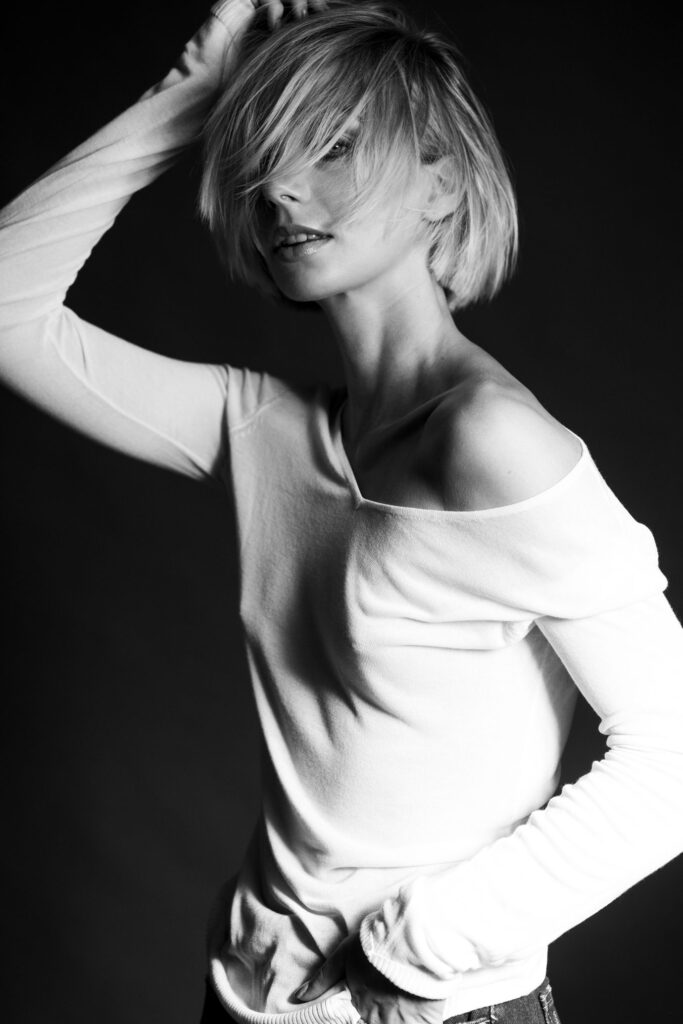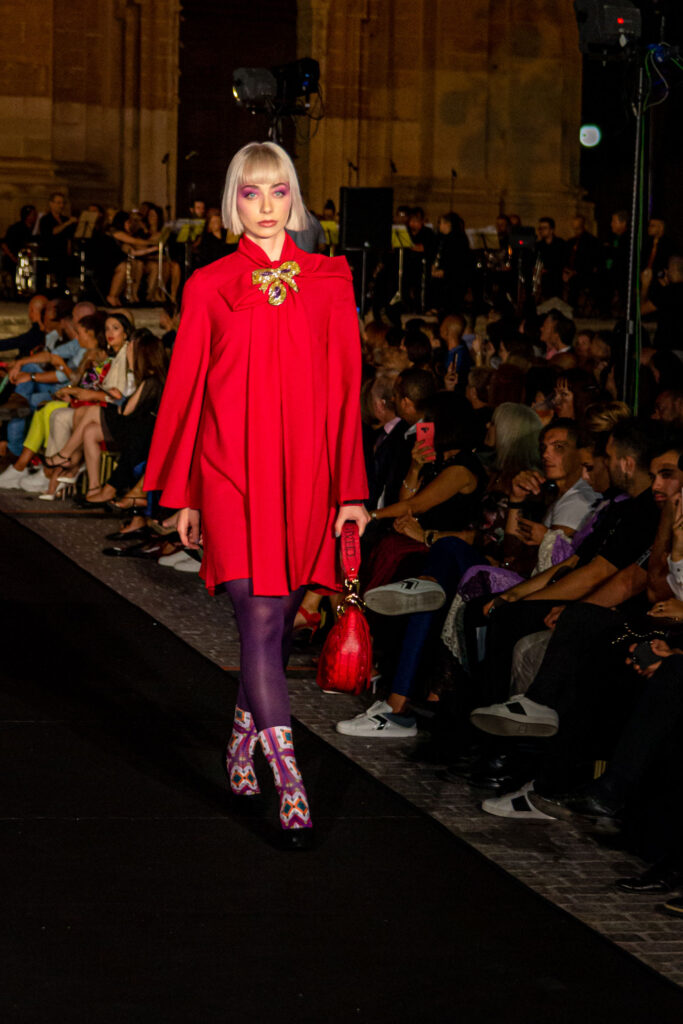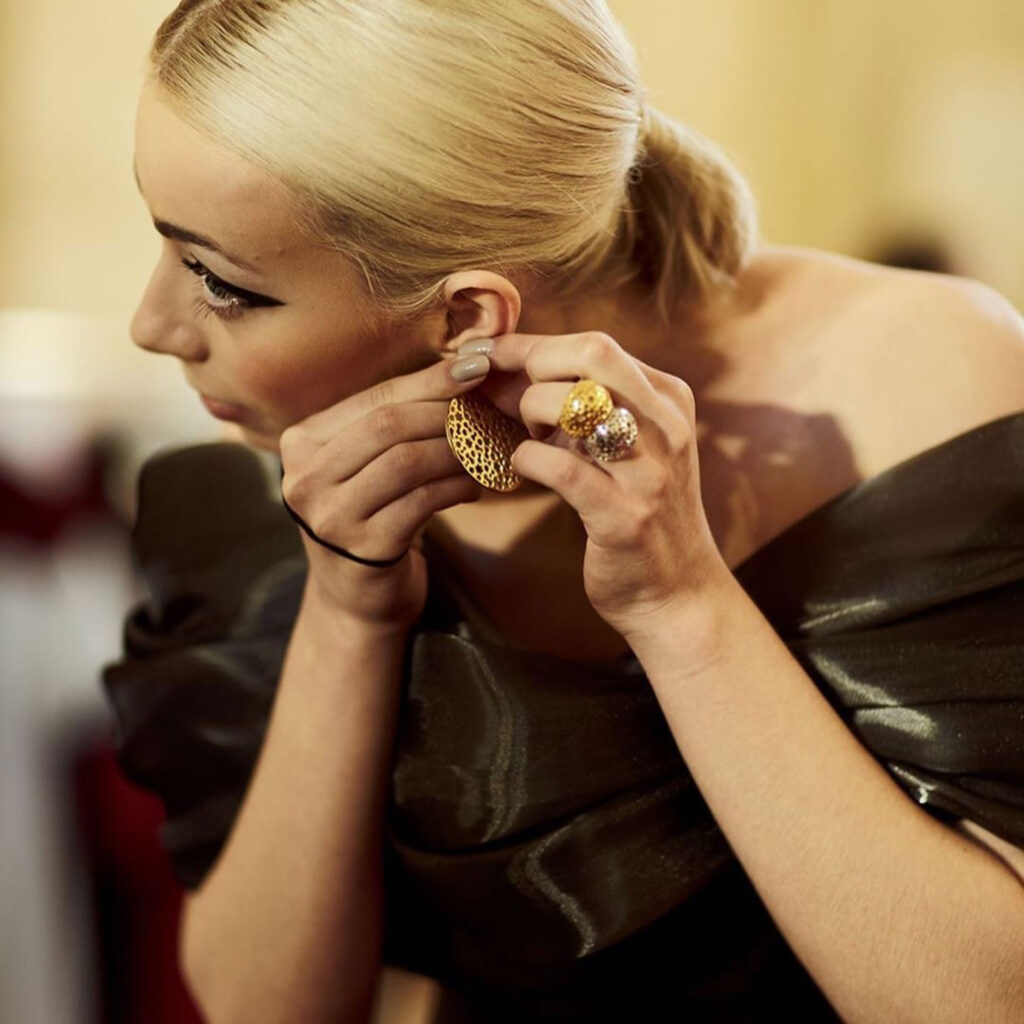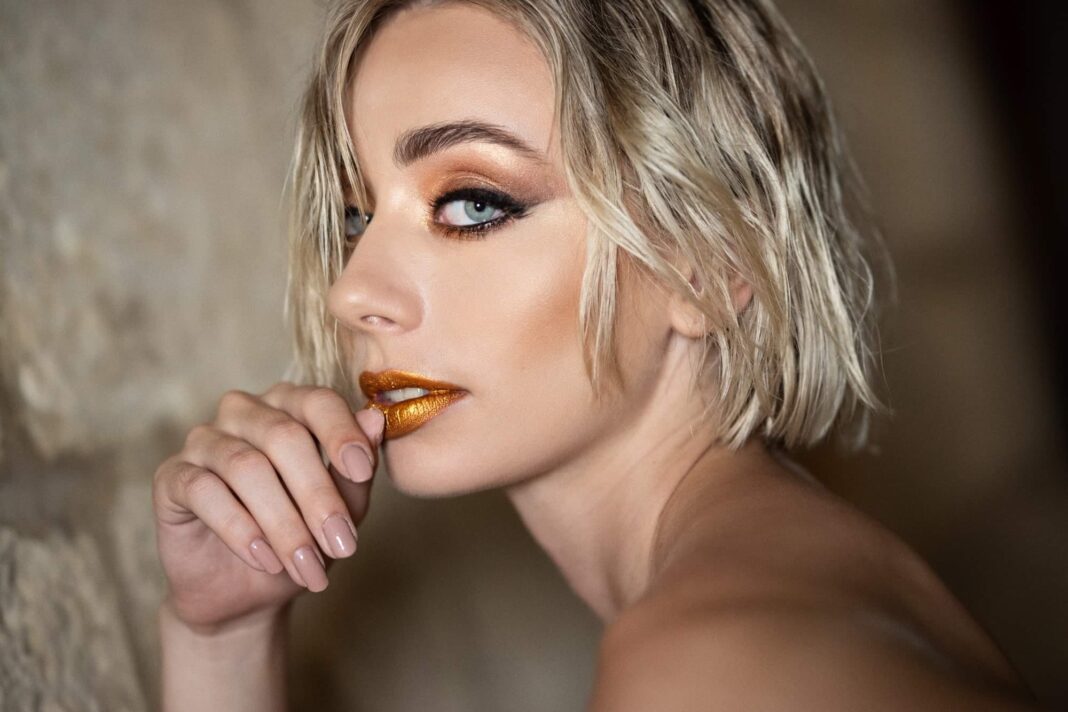Interview with Robyn Zammit.
Stunning, confident and shockingly mature for her age, Robyn Zammit is one of the local rising stars in the fashion industry. At a relatively young age, her career has already reached amazing heights: we see her everywhere from cover photos and campaigns to leading catwalks. Notwithstanding her fame, she still stands with two feet on the ground and strives to reach further heights in her career. We caught up with Robyn who shared with us the meaning of fame, celebrations, successes and the future.
“The biggest challenge is finding middle ground between the desire for the level of professionalism that is seen abroad and maintaining relationships with people in the industry.”

What attracted you to the world of modelling? Who or what inspired you?
I got scouted by a modelling agent when I was fifteen. As is every teenager, especially in the early 2010’s, I was very fascinated by the modelling world and the top models of that time. I used to collect fashion magazines and create collages on my bedroom walls with carefully cut out pages. So, it was an extremely exciting opportunity for me back then which I eagerly accepted.
How would you describe yourself as a model?
I would like to think of myself as someone who strives for the utmost professionalism whilst simultaneously always being down for a good laugh. I enjoy being challenged and pushing my own limits every time I get in front of a camera. It’s always important to me to stay mindful and considerate of the whole team involved in any project and make sure that I’m capturing the mood of the concept as best as I can.
Does modelling and athletics coexist together?
Yes, absolutely. I was an athlete for ten years, first as a sprinter and then as a triple jumper for the final 3 years. I competed for many international competitions over the course of my sporting career, however after graduating, I decided to retire to focus on my professional work. I started modelling while I was an athlete and I found it very easy to transition my competition mindset to the photoshoot setting. Athletes are used to feeling under pressure and getting a lot of attention while they’re competing so it’s almost natural to then emulate that competitive and determined disposition in front of a camera.

Tell us about your special bond with your mother.
My mother is an extremely inspirational woman. She was raised by her grandmother and had to learn to fend for herself at the age of sixteen. She wasn’t able to pursue a higher education because she needed to work in order to support herself and ended up living with nuns for a portion of her teenage years until she could get on her feet. In spite of all of this, she managed to travel the world and raise me and my brothers, giving us everything that she never had and even founded her own successful company, winning the award of Female Entrepreneur in 2013. We are incredibly close and she is my constant inspiration and reminder to never take anything for granted.
Is the fashion world what you expected it to be?
It is and it isn’t. I believe there’s this stigma around the fashion world being very serious, uptight and highly critical. Having said that, I haven’t encountered any of that in the many years that I’ve been modelling. My experiences have been nothing short of positive and I’ve managed to form friendships with so many people within the industry. The photoshoots I’ve been on, whilst being very professional, have always been fun and lighthearted.
What do you think are the main challenges in the model industry today?
In my honest opinion, the biggest challenge is finding middle ground between the desire for the level of professionalism that is seen abroad and maintaining relationships with people in the industry. From my personal experience, working on such a small island, no matter how much experience you have or how much exposure you’ve gained, it is practically impossible to pursue modelling as a full-time career. Primarily because it is a very small industry here in Malta which can’t compete with the rest, this results in modelling jobs being mostly unpaid or underpaid. This doesn’t just stop at the models themselves; it is an issue that other professionals in the industry face such as makeup artists, hair stylists, photographers, and fashion stylists.
Even though there is a lack of funding throughout the industry, you end up building relationships with the people you work on photoshoots with and inevitably begin to look forward to working with them again. This creates an interesting struggle between wanting to get paid fairly but also not wanting to miss out on the opportunities.

What is the key to success for a model?
Although it is important to be an efficient poser and be able to work with the camera properly, I believe it is imperative that models are always respectful to those that they work with, no matter how big or small the job may be. A respectful and well-mannered attitude will always resonate with those that you work with and will in the long run, be more likely to get called back for other projects. People with positive attitudes are always more memorable than those without, no matter how aesthetically pleasing they are.
The famous Indian author, Amit Kalantri once noted, “Modeling is not just beauty and smile, it takes boldness and style.” To what extent do you agree?
I do agree with this statement, however I do believe that modelling extends beyond being simply being bold and stylish. It mostly requires versatility and the ability to adapt to the needs of the photographer. It’s important to always show up well prepared to a photoshoot and with an open mind. Even though someone’s vision might not align with yours, it’s important to always give your utmost without compromising your values and sense of identity.
Fashion has become more inclusive when it comes to size representation, but where do you think boundaries still need to be broken?
I strongly believe that race can be much better represented in the Maltese fashion industry. We’re slowly starting to see a rise in the number of models of colour here, as Malta becomes increasingly more multicultural. However, there’s still a long way to go as the amount of representation is far from even. I believe people can learn a lot from educating themselves on the current global situation and why it is important to include people of all cultures and races in the media.
What’s next for you?
With regards to modelling, the dream is to work for an international campaign but I’m definitely happy with the way things are going at the moment and am so grateful for all the opportunities I’ve been given. Professionally, I graduated with a Bachelor of Science in Sociology in London a couple of years ago and have been working full time ever since. My ultimate goal is to pursue my master’s degree in the social sciences field in Seoul, South Korea, as I am completely fascinated by their culture, and eventually work for the United Nations.


